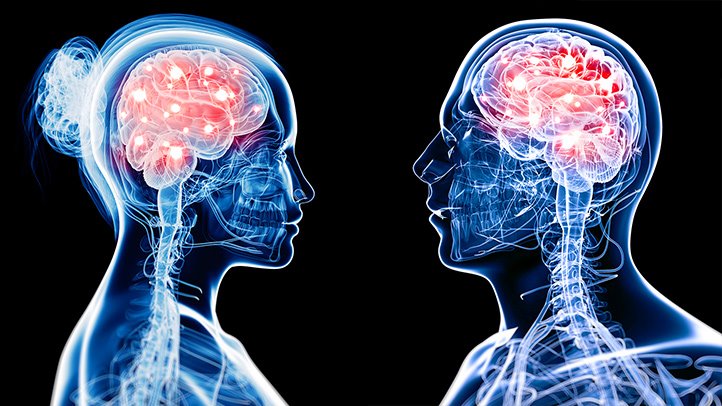Head injuries are quite scary and could easily be life-threatening. A Head injury involves any sort trauma to the head; skull or brain. Though a head injury doesn’t automatically signify a brain injury, proper checks should be done.
Head injuries could be either closed; when the skull is not open, or penetrating; open skull injuries.
CLOSED HEAD INJURIES
When there is the use of force or a hard blow to the head that doesn’t break the skull open.
PENETRATING HEAD INJURY
This is a case whereby the skull is hit with an object that breaks the skull and/or penetrates into the brain.
As common as hits to the head are, fortunately, they don’t all result in life-threatening injuries.
Falls and bangs to the head might not cause more than a momentary slight headache. But on the flip side, there could be damage to internal organs and blood vessels, which could put pressure on the brain. Bleeding into the brain or swelling of the brain could also result in hindering mental and sensory capabilities.
SIGNS TO WATCH OUT FOR IN A POSSIBLE SEVERE HEAD INJURY
- In a case where the individual has lost consciousness.
- If an infant is crying incessantly after a fall or an accident involving the head.
- When an individual isn’t walking normally again.
- Or when the person complains of head and neck pains.
IF A PERSON IS UNCONSCIOUS
- Roll the patient unto their side if they are still breathing.
- Make sure the tongue falls forward in the mouth to clear the airways.
- Try to minimize manipulation of the spine and neck as much as possible. A head injury could easily affect the spine as they are connected and recoil from a blow could easily affect the spine.
- If they aren’t breathing, begin CPR immediately.
- Get an ambulance and get professional help as soon as possible. Try to keep the patient in a position and minimize movement without a professional.
IF THE PERSON IS CONSCIOUS IN A CRITICAL CASE
- NEVER attempt to REMOVE any OBJECT EMBEDDED IN A WOUND.
- Call for an ambulance or the closest professional help.
- Try to calm the person down and keep them as calm as possible and reassure them.
- Reduce the rate at which they move their head and keep them straight to reduce the probability of a spinal injury.
- If the wound is bleeding, staunch the flow by holding a clean cloth to it.
- Make no attempts to clean the wound.
- Never apply forceful direct pressure on a head injury wound.
SIGNS OF A POSSIBLE BRAIN INJURY
The brain is enclosed in the delicate structure of the skull and is surrounded by an intricate cerebrospinal cage. Any kind of blunt force to the head, if of sufficient severity, could rattle the brain out of place. Any trauma that results in bursting blood vessels within the brain could be quite fatal or affect major brain functions.
It is near impossible to determine the extent of brain damage or the possibility of one without the proper assessment of a doctor.
A clear indication of brain injury is loss of consciousness as well as signs of confusion in a conscious patient. Other signs include
- Running nose with clear fluids coming out which could be brain fluids, or even nosebleeds.
- Irregular or abnormal breathing patterns
- Speech or vision irregularities.
- Paralysis
- Unequally sized pupils
- Dizziness
- Stiff neck or neck pain
- Vomiting over and over a multiple times.
READ ALSO: HOW FIRST-AID DEY HELEP SAVE LIFE
TYPES OF HEAD INJURIES
The most common types of head injuries are gotten from everyday sports and commonplace accidents. Also, violent encounters and traumas considerably add to the statistics.
-
Concussion

Concussion as a type of head injury
This is the most common form of brain injury. The brain is shaken when a concussion occurs. The effects could be debilitating or
-
Fractured skulls
-
Scalp wounds that don’t really affect the skull or anything within but are just superficial.
IMMEDIATE AID TO CLOSED WOUNDS WITHOUT ANY SIGNS OF EXTREME INJURY
- Apply a cold compress or ice pack to the injured area for about 10 minutes
- Keep under observation for the next 48 hours to make sure they don’t show any further signs of brain damage.
- Any feeling of drowsiness or inability to stay awake for a while immediately after a head injury should be immediately rushed to the hospital.










